Mostly Mute Monday: A final view from the Moon
It’s been 43 years since humans walked on the Moon. Here’s our final view.
“Curiosity is the essence of human existence. ‘Who are we? Where are we? Where do we come from? Where are we going?’… I don’t know. I don’t have any answers to those questions. I don’t know what’s over there around the corner. But I want to find out.” –Eugene Cernan, last human on the Moon

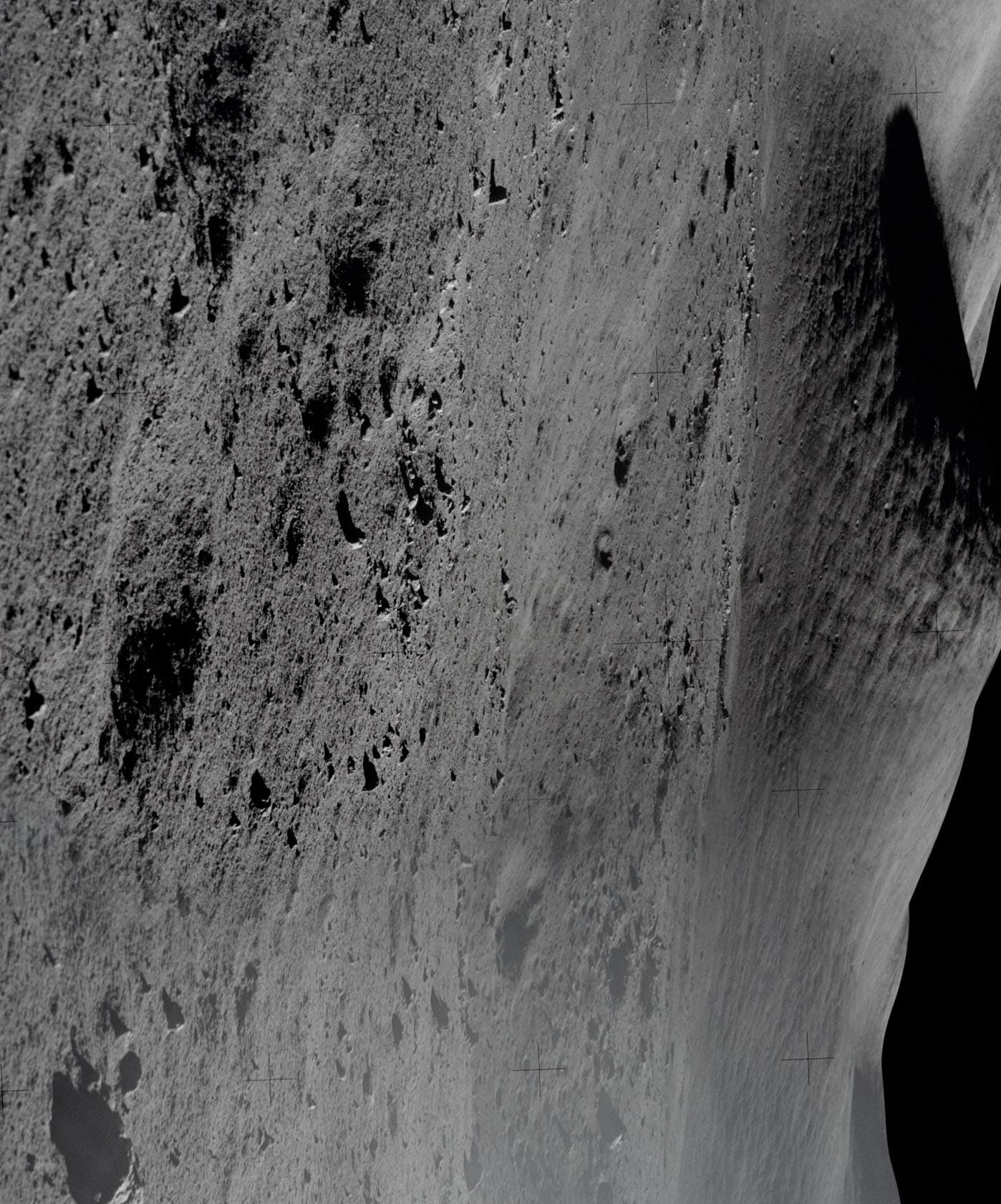
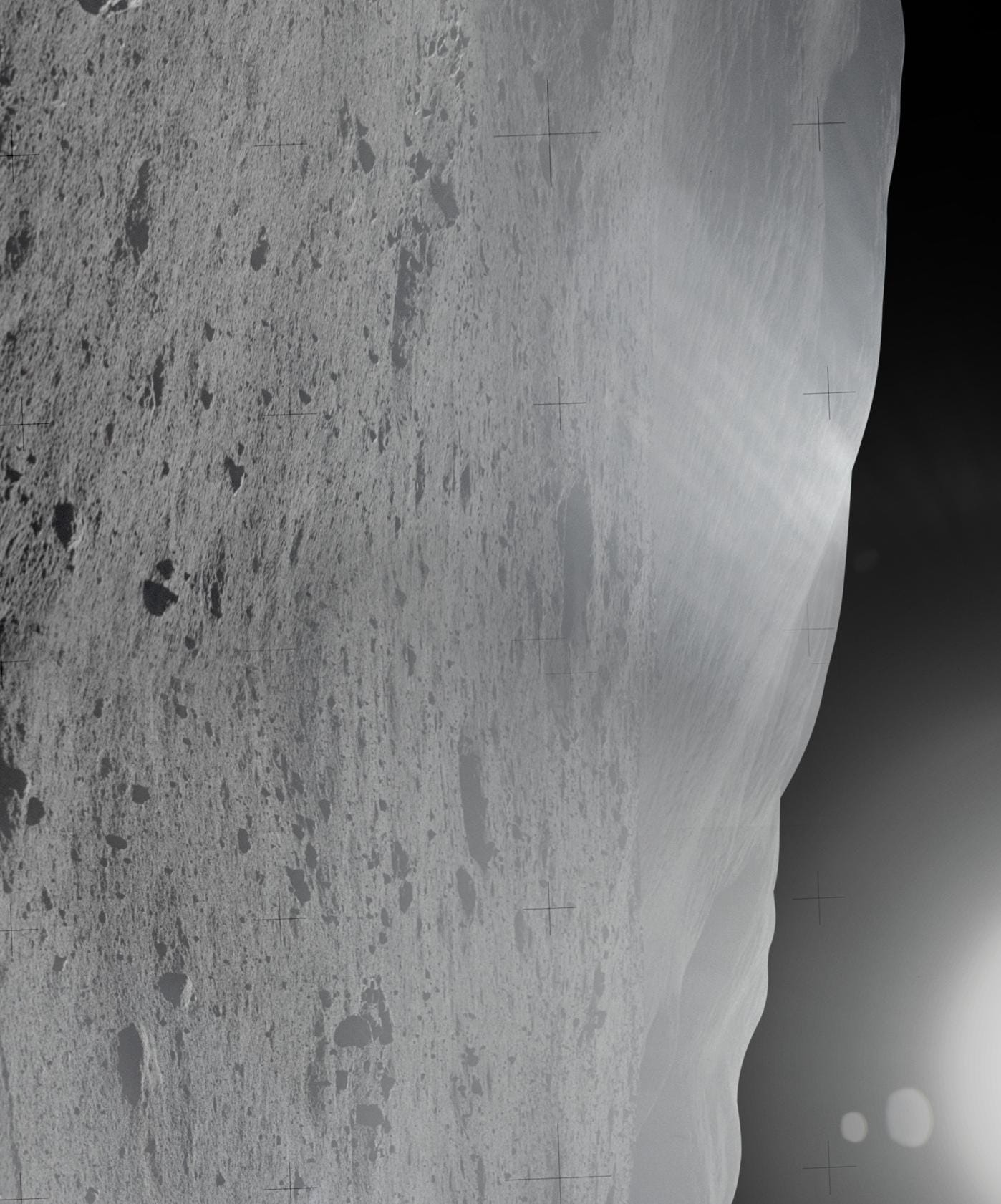
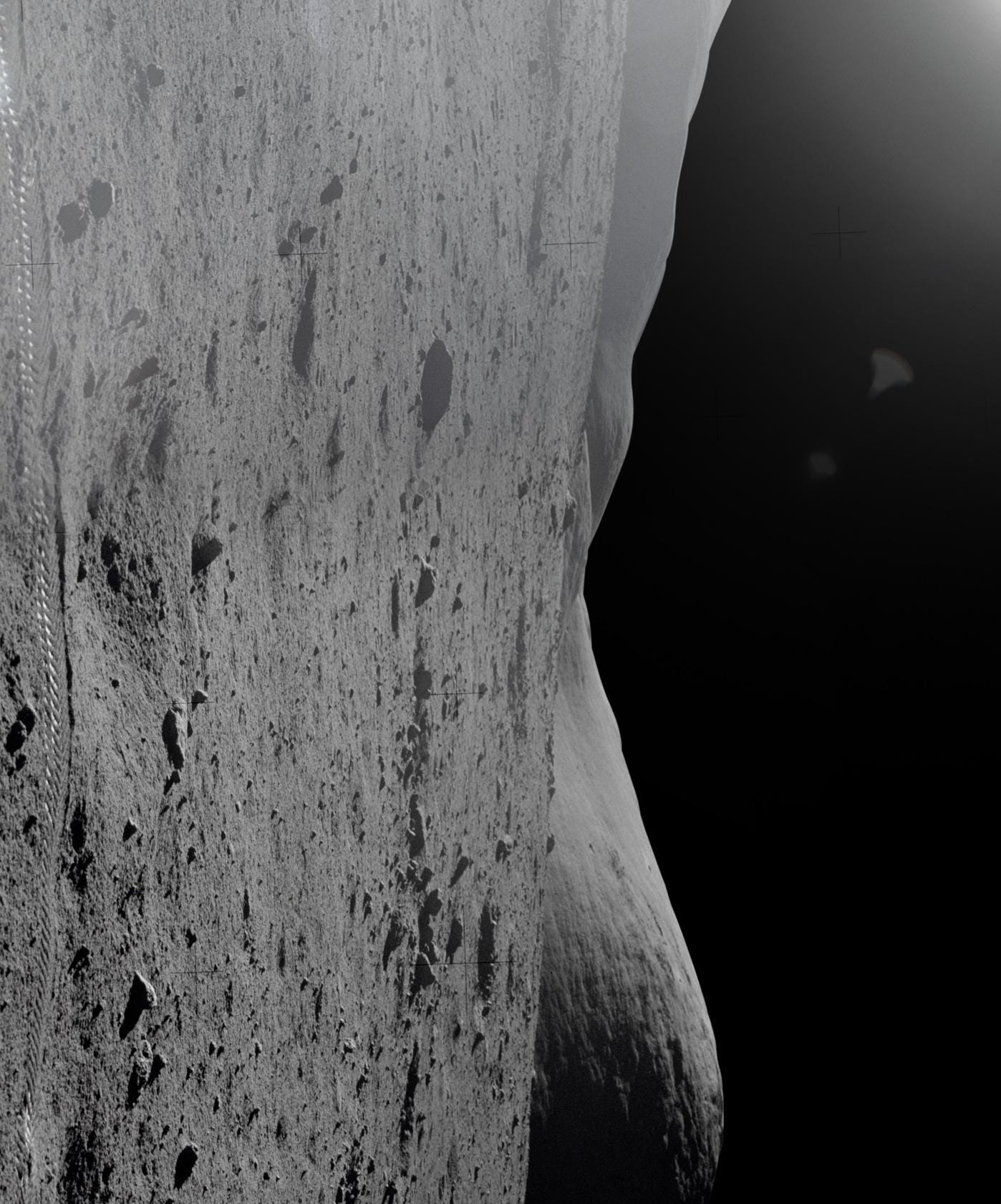
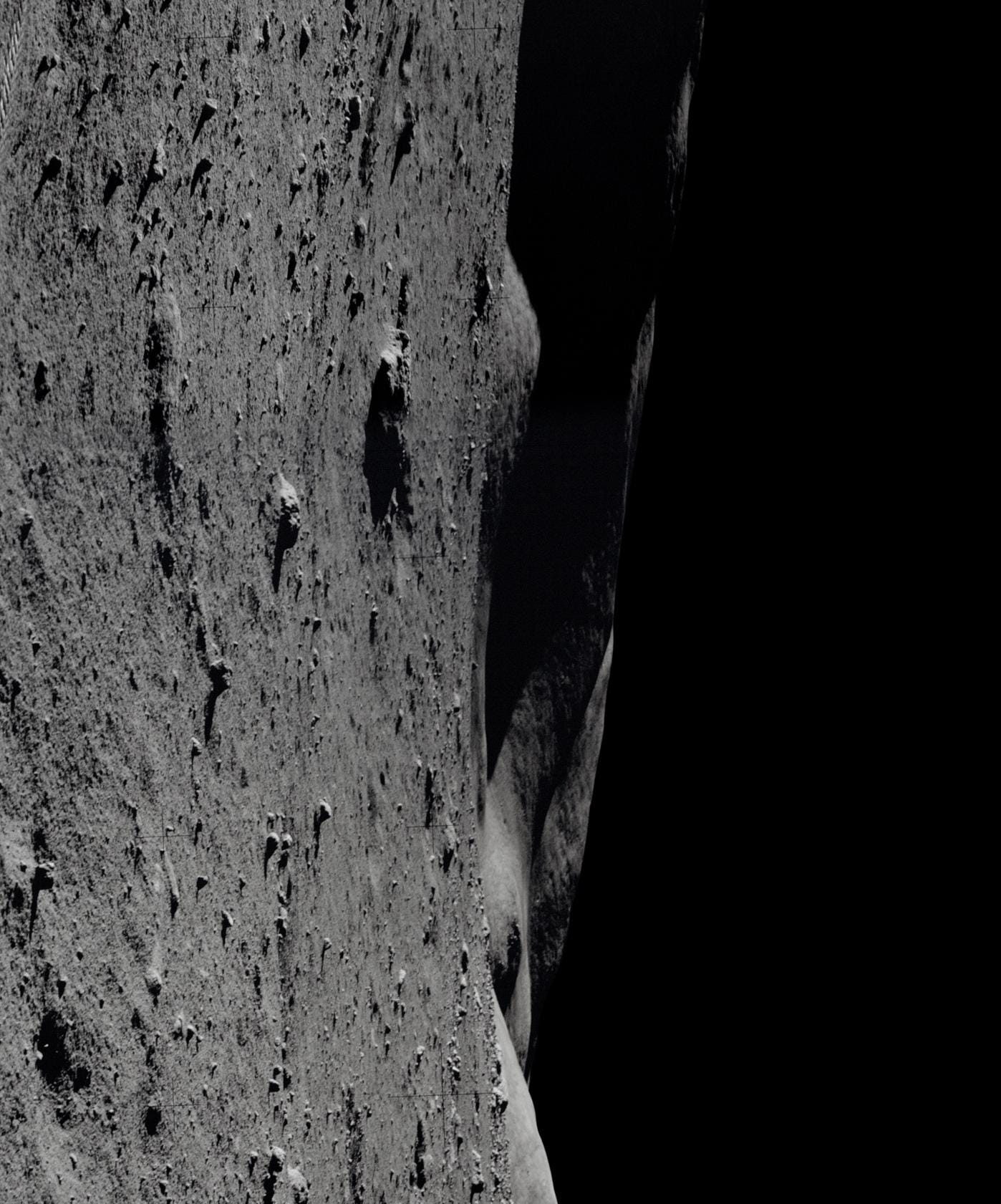
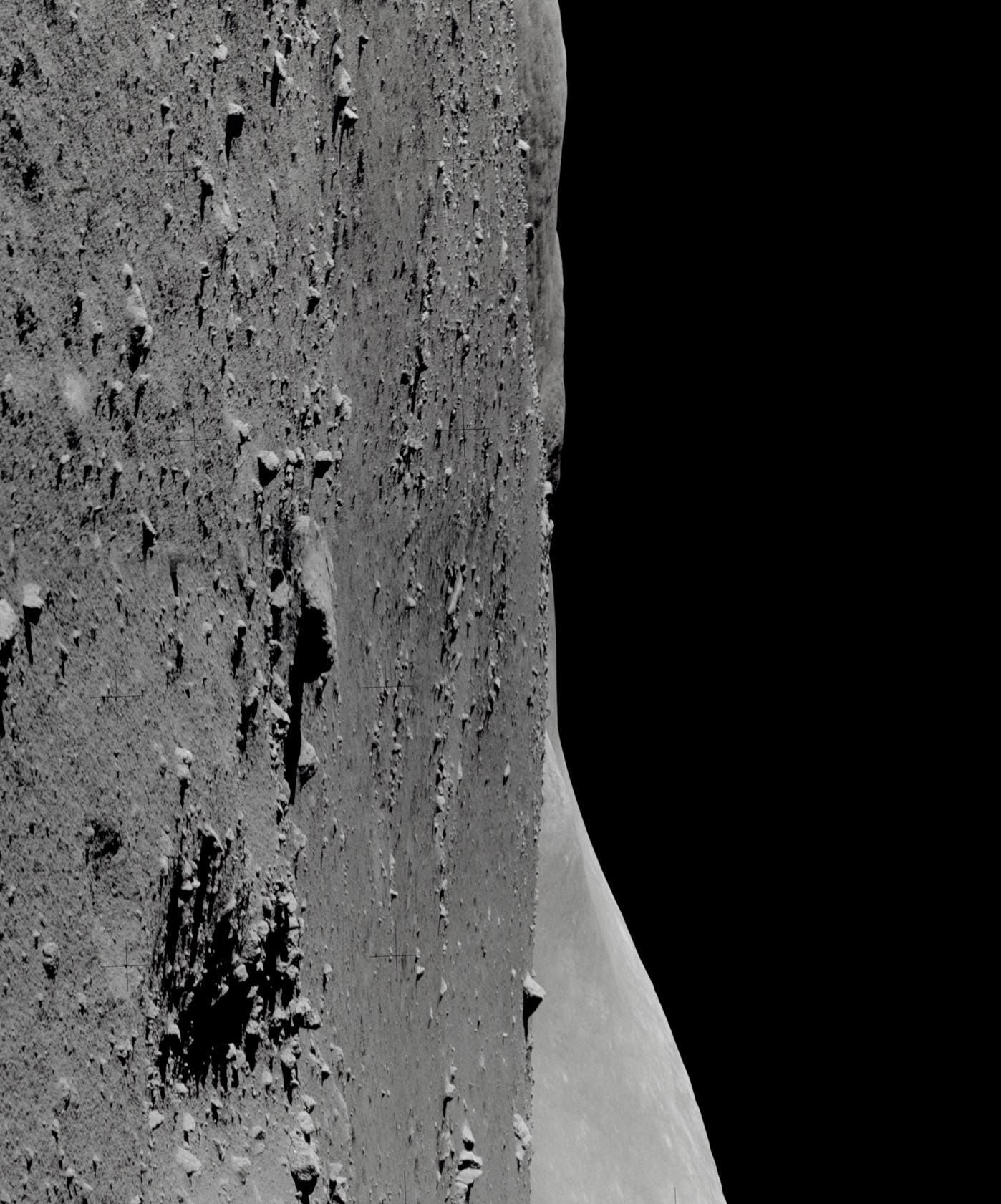
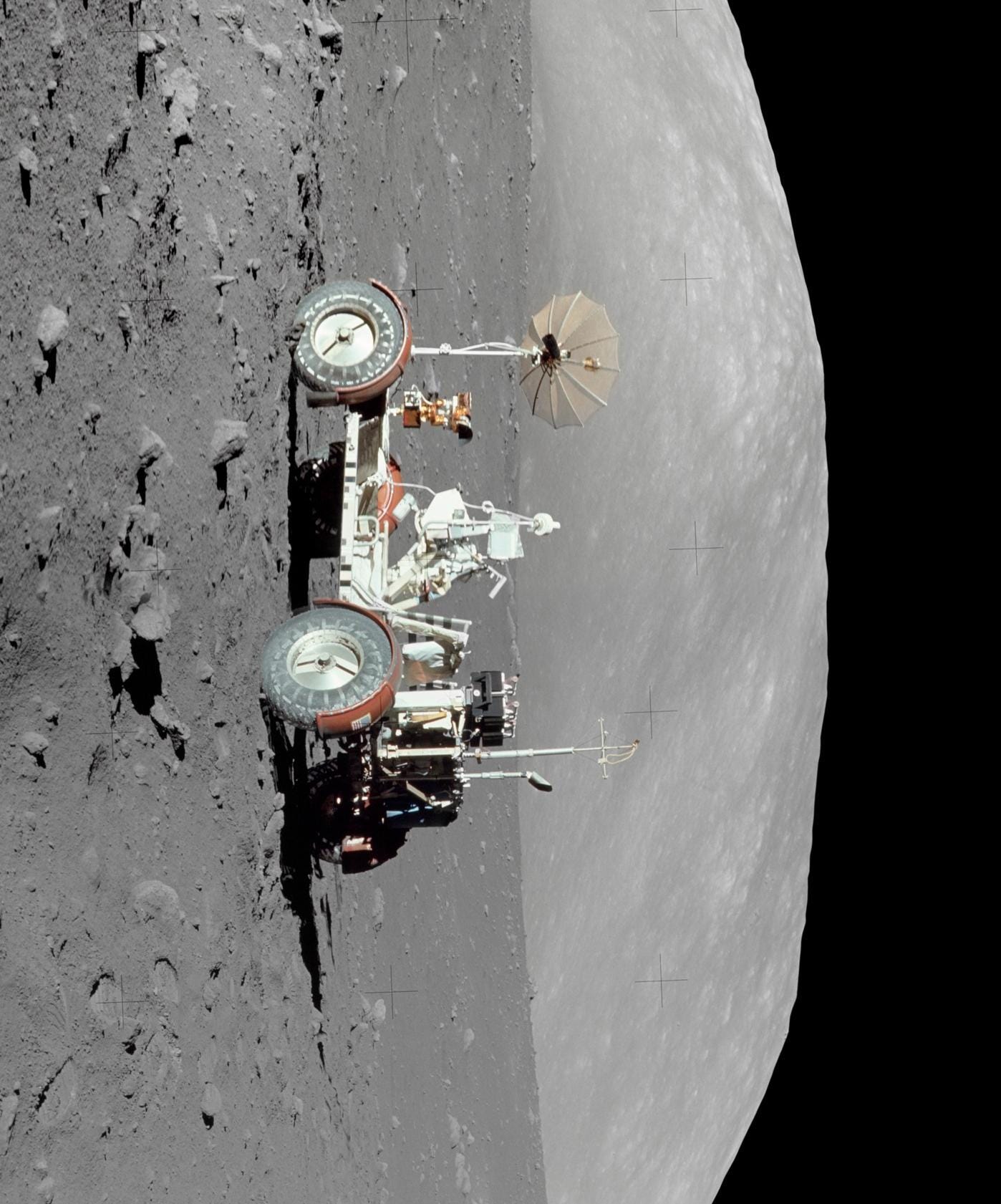
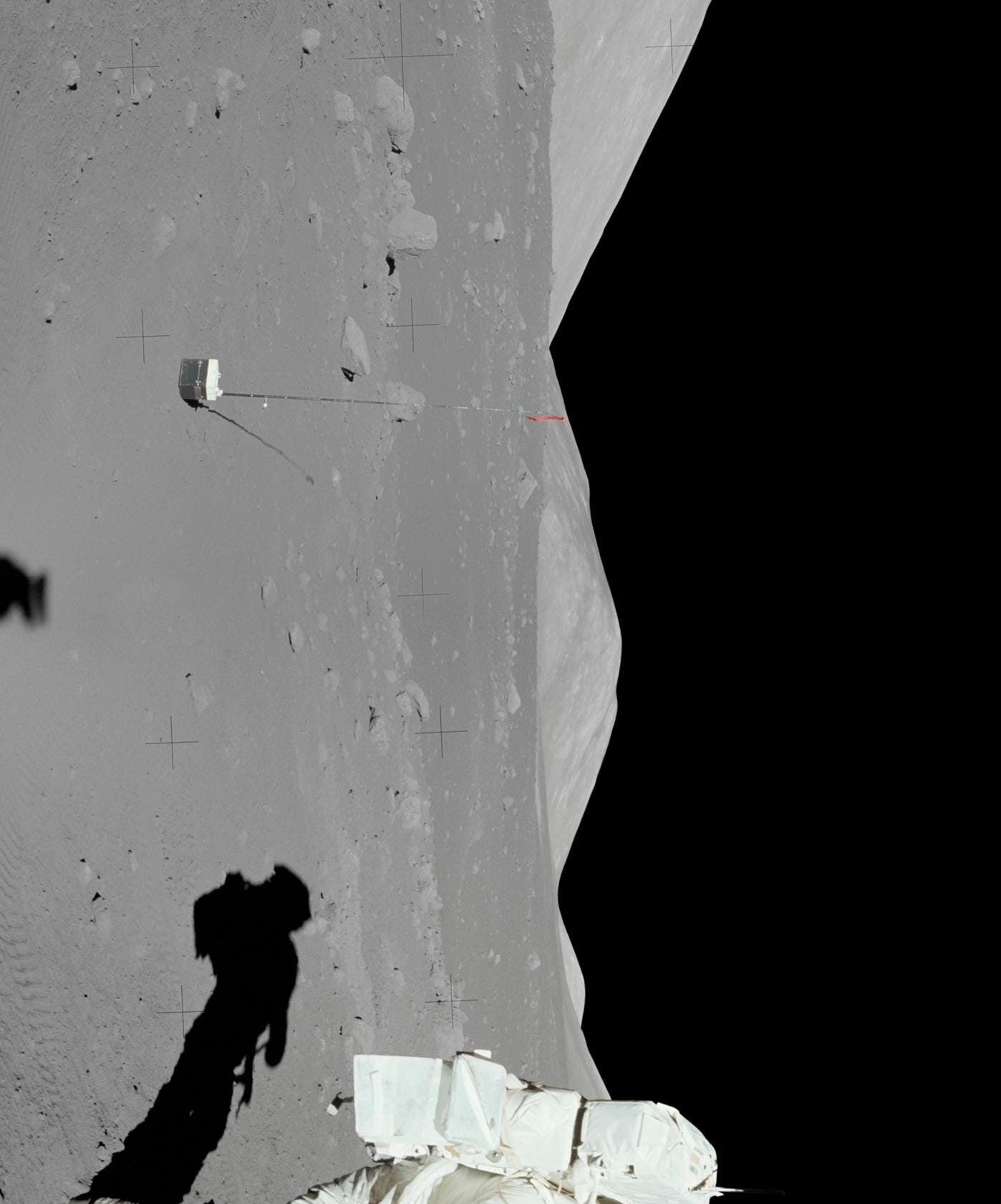
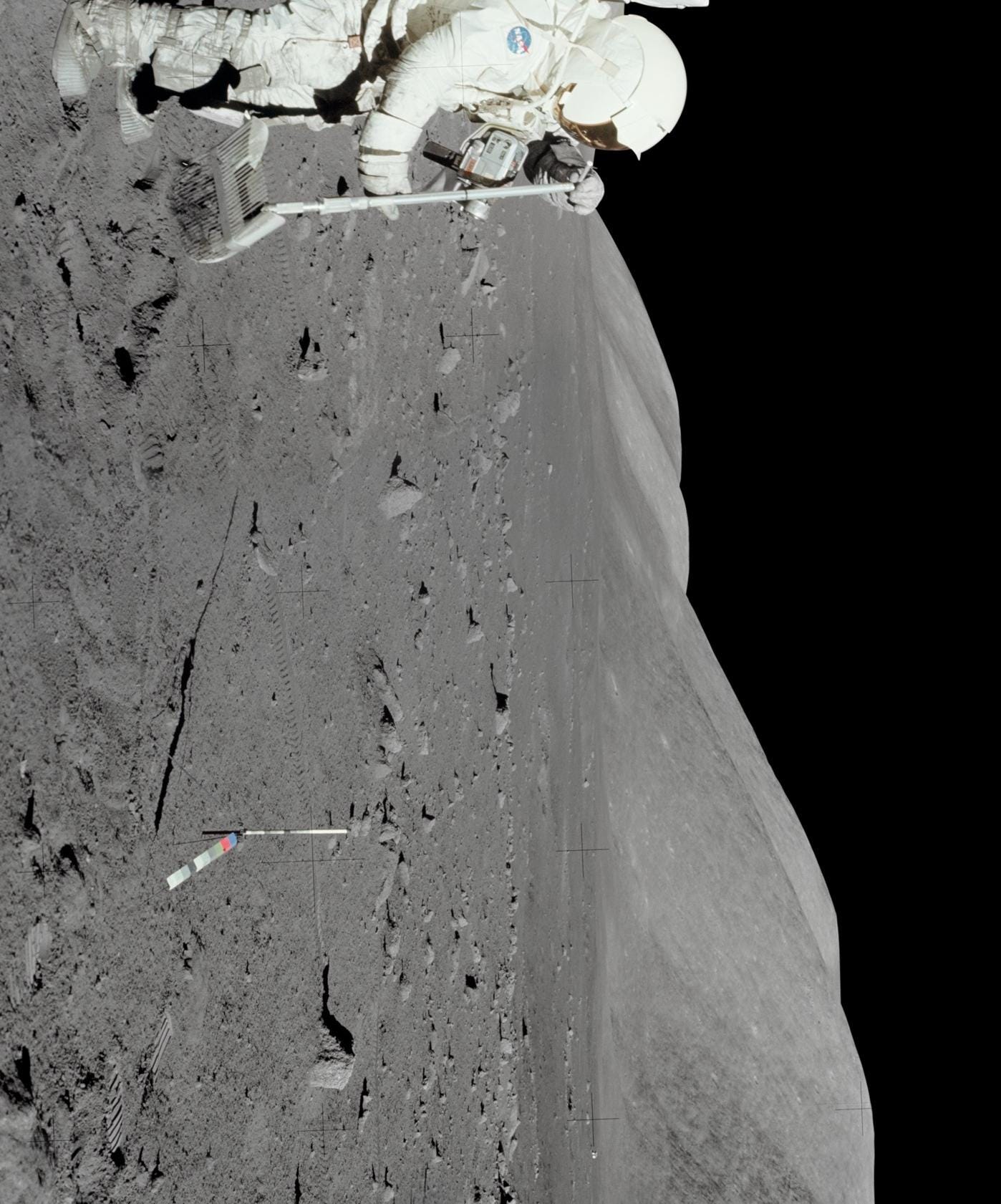
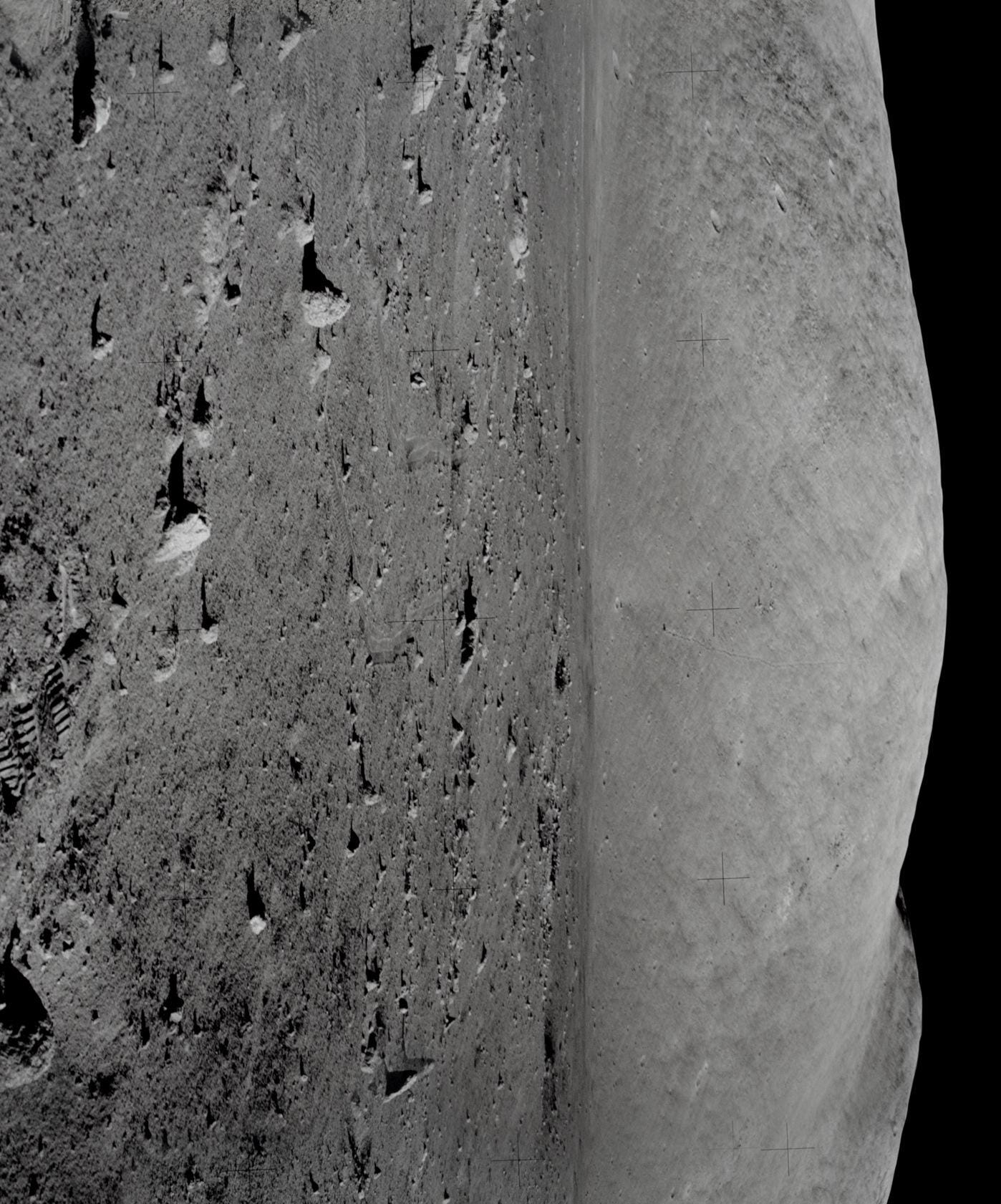
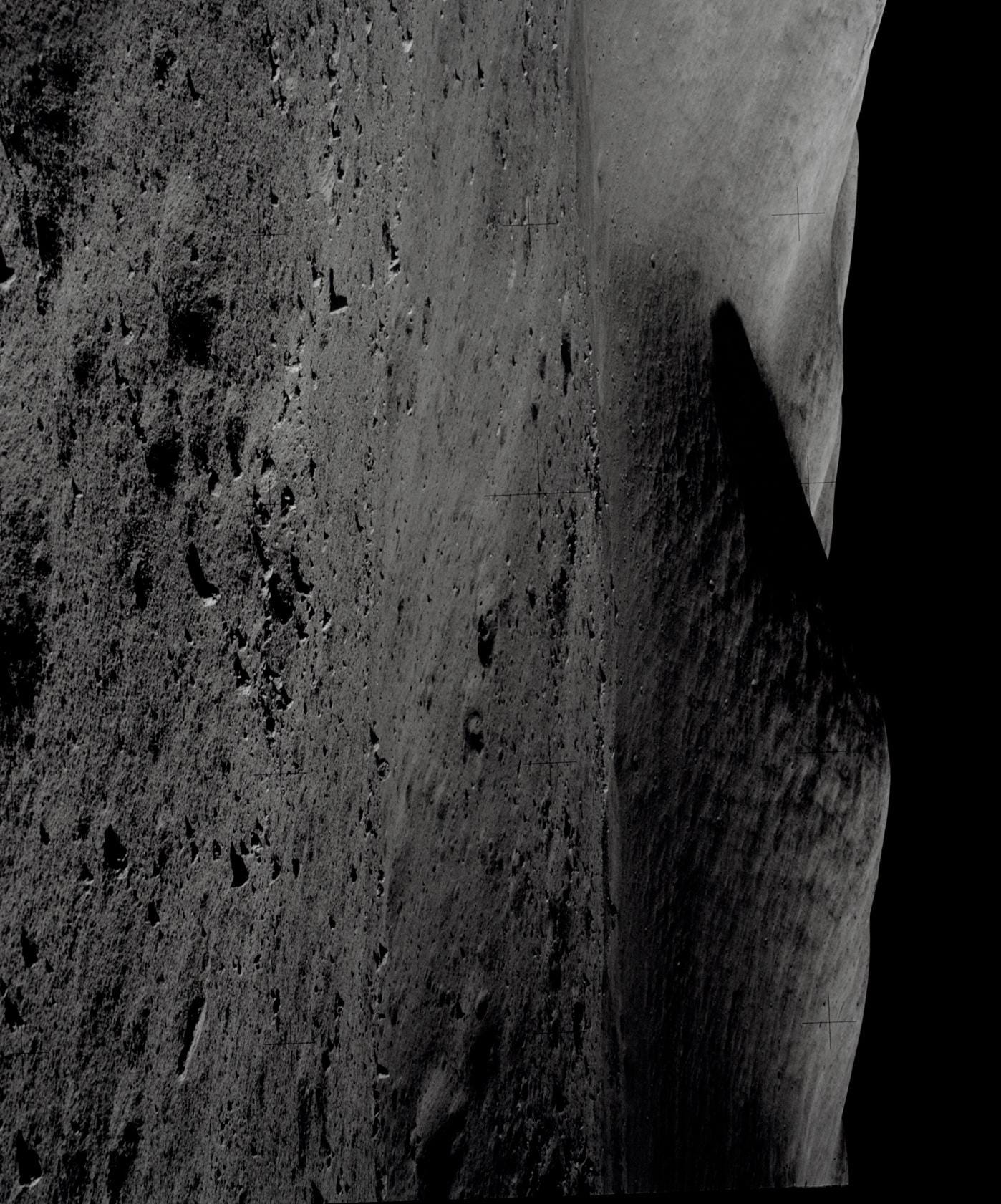
From December 11th to the 14th, 1972, astronauts Gene Cernan and Harrison Schmitt set foot on the lunar surface, becoming the last two human beings to do so as part of the Apollo program. This brief exploration included feats such as:
- Setting the lunar downhill rover speed record (of 17 kph),
- Becoming the only mission to perform the Traverse Gravimeter Experiment, measuring the Moon’s surface gravity over distance,
- Also becoming the only mission to perform the Surface Electrical Properties Experiment, determining the electrical properties (and water content) of the lunar soil,
- And driving the lunar roving vehicle a distance of 22.3 mi (35.7 km), the longest distance driven across the surface by another world by a human, in-person.
The panorama above consists of 24 images (AS17–134–20408 to AS17–134–20431) stitched together, and represents one of our last views of the lunar surface of all. The very last lunar panorama ever taken from the surface — by Harrison “Jack” Schmitt — is shown below. Note that Gene Cernan appears twice, as he appeared in two of the images that were stitched together.
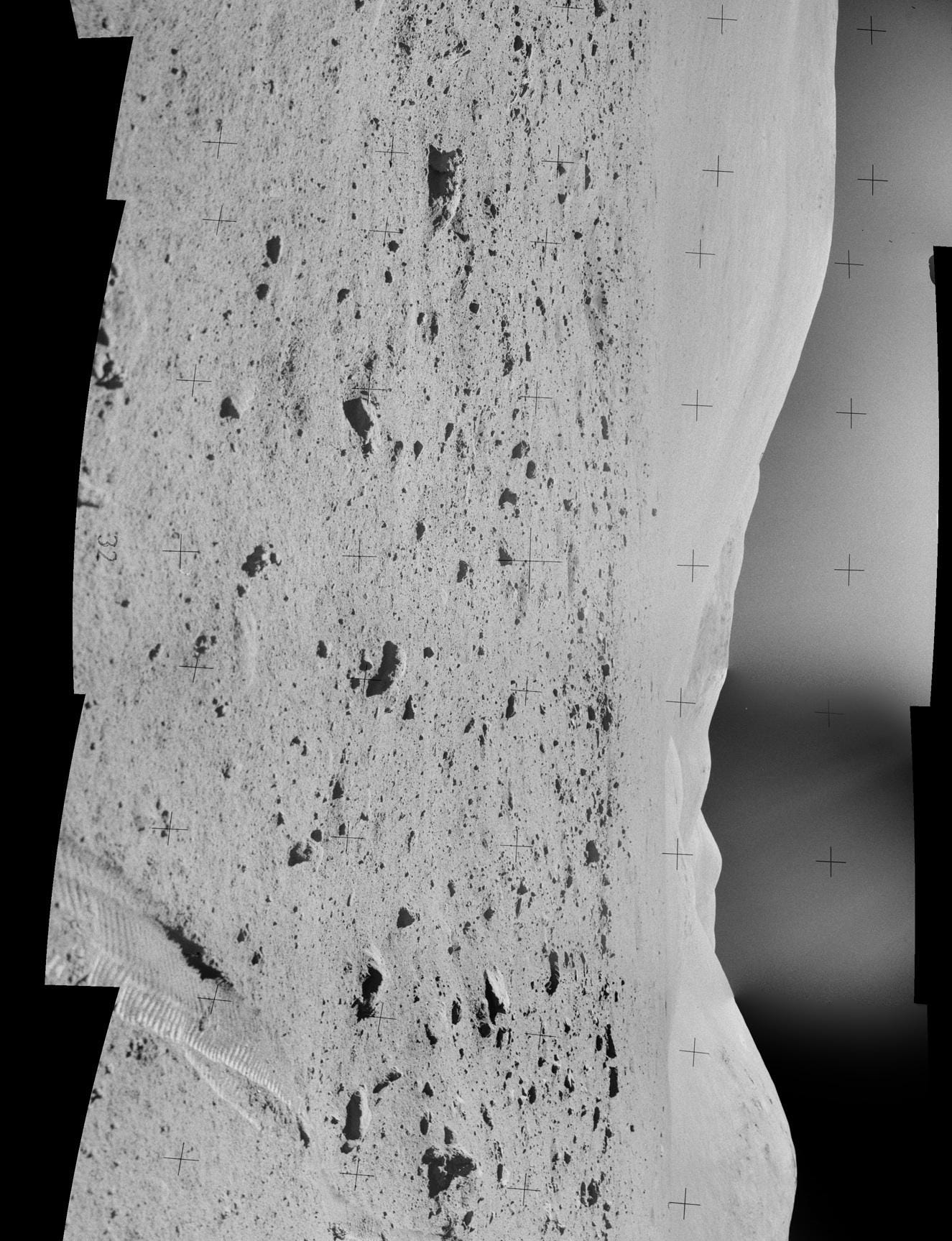
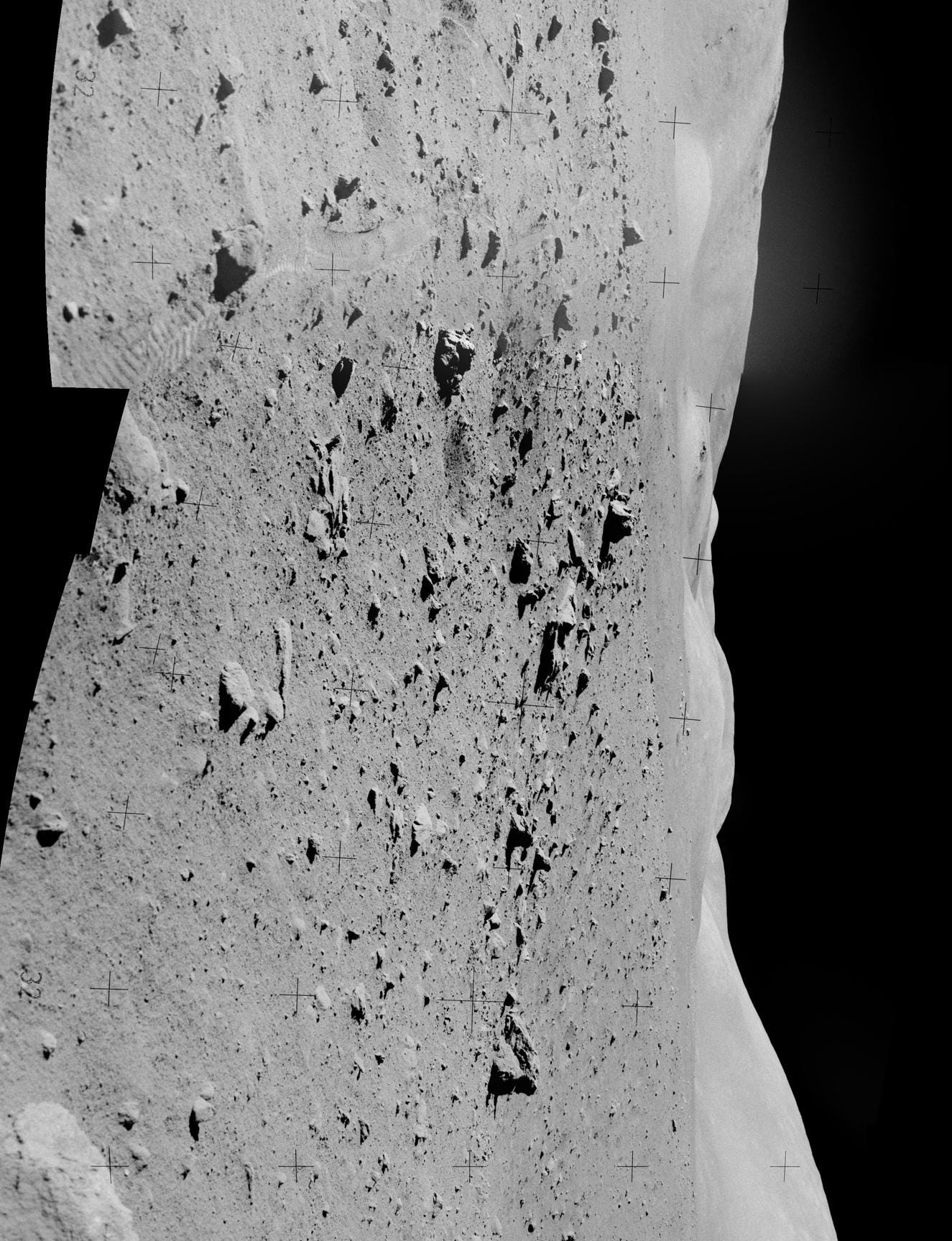
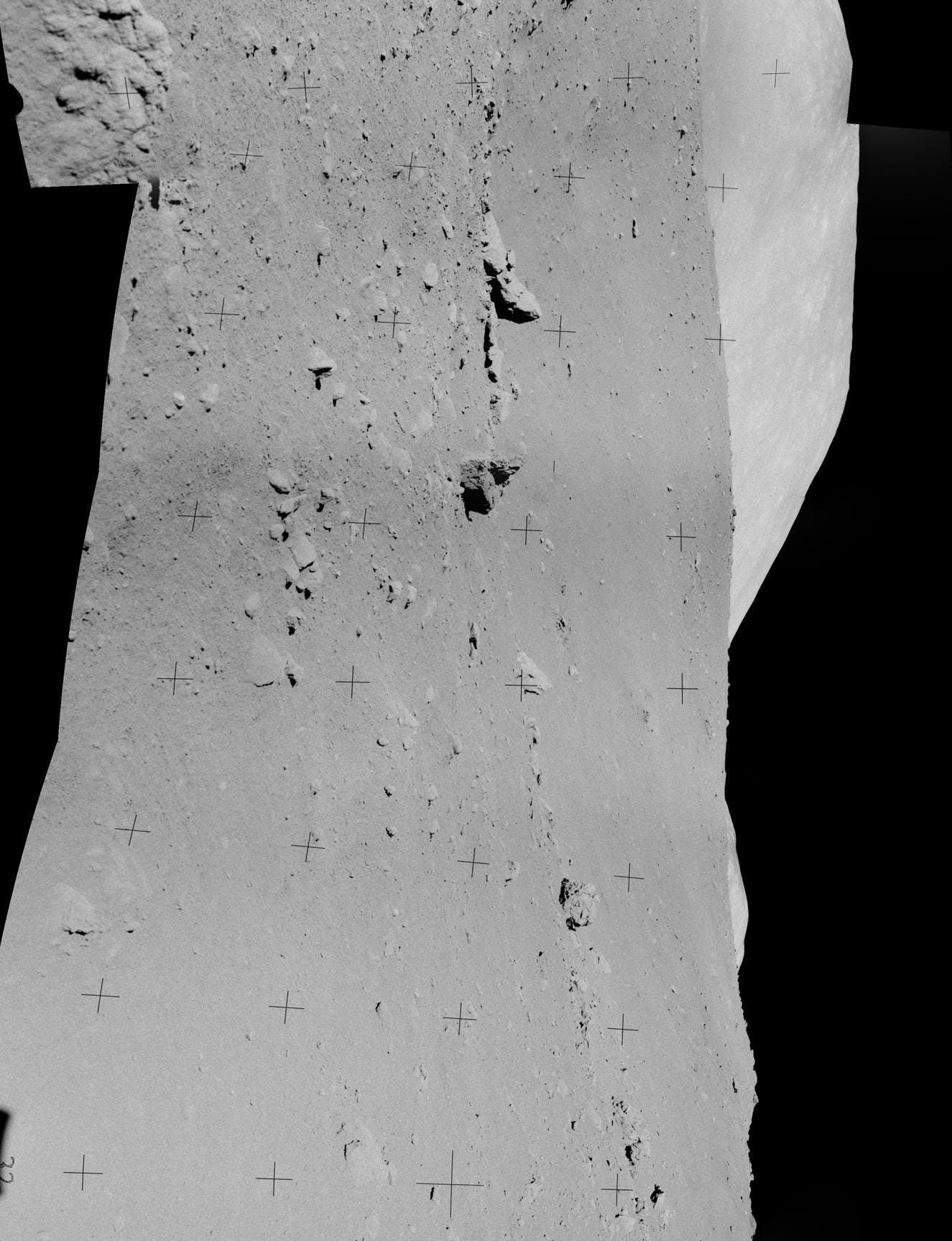
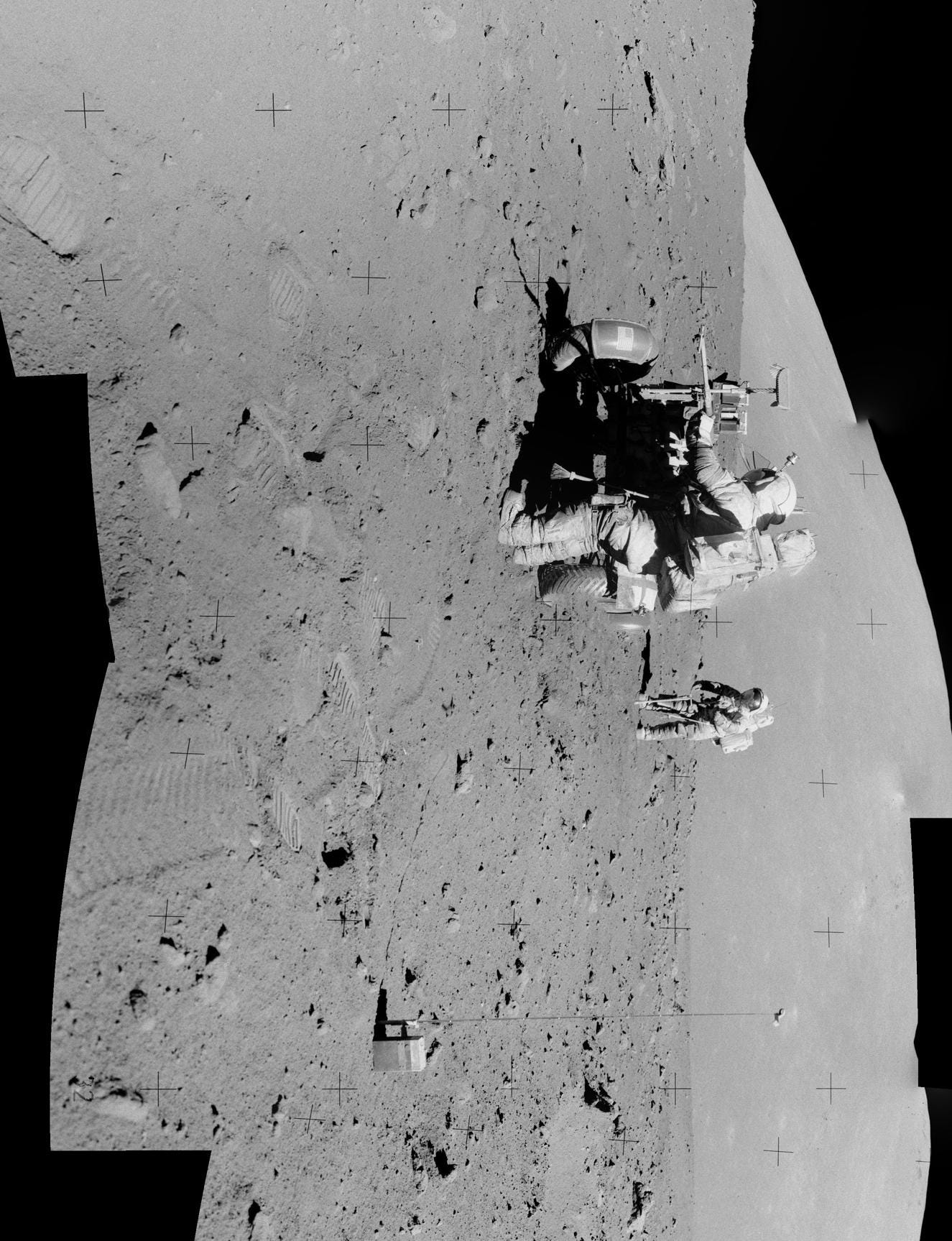
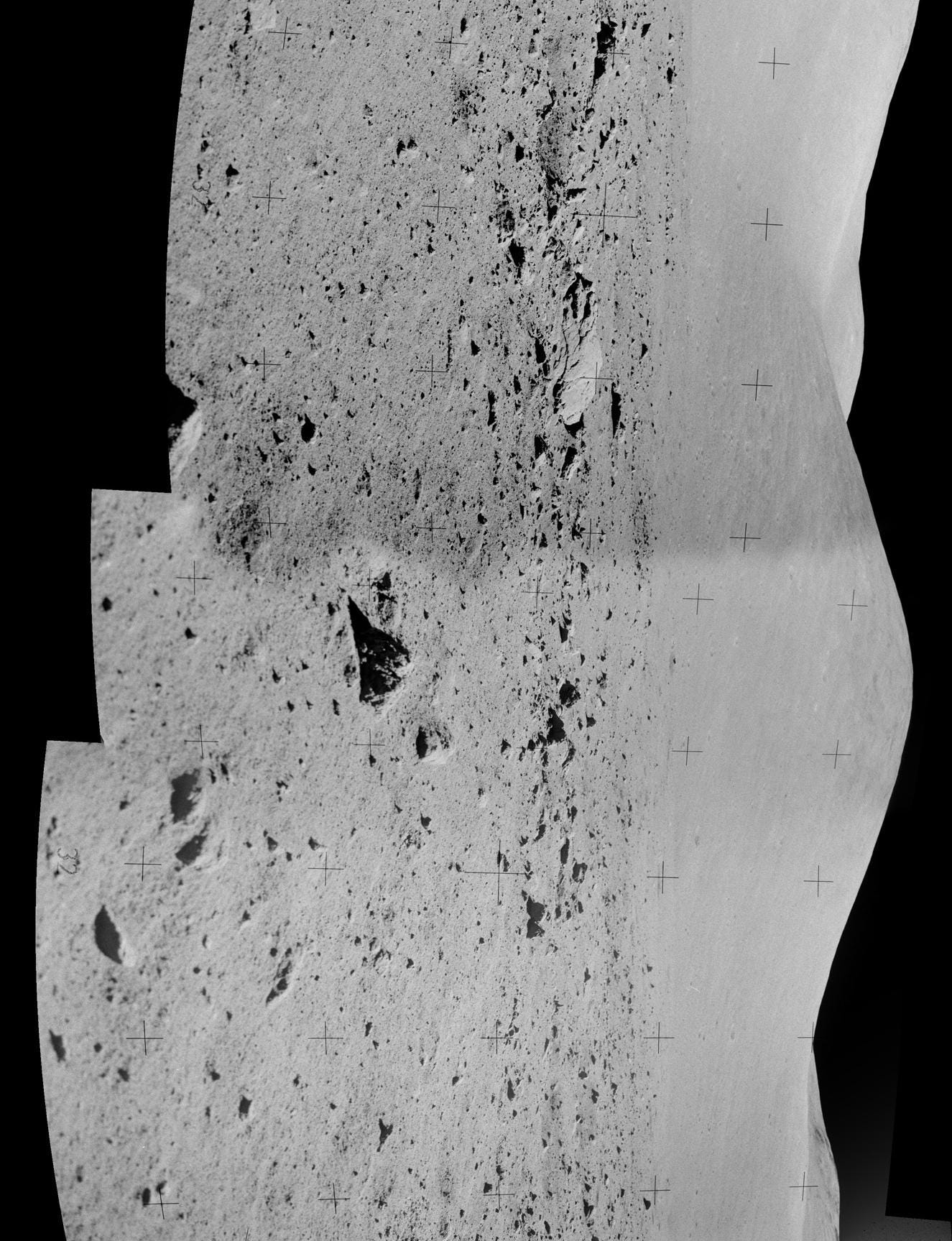
Mostly Mute Monday is an iconic story of space, science and/or the Universe, told through images, videos, and, at most, 200 words. Also, thanks to an amazing translation by Frederic Conrotte, one of our articles is in French now!
Leave your comments at the Starts With A Bang forum on Scienceblogs.





